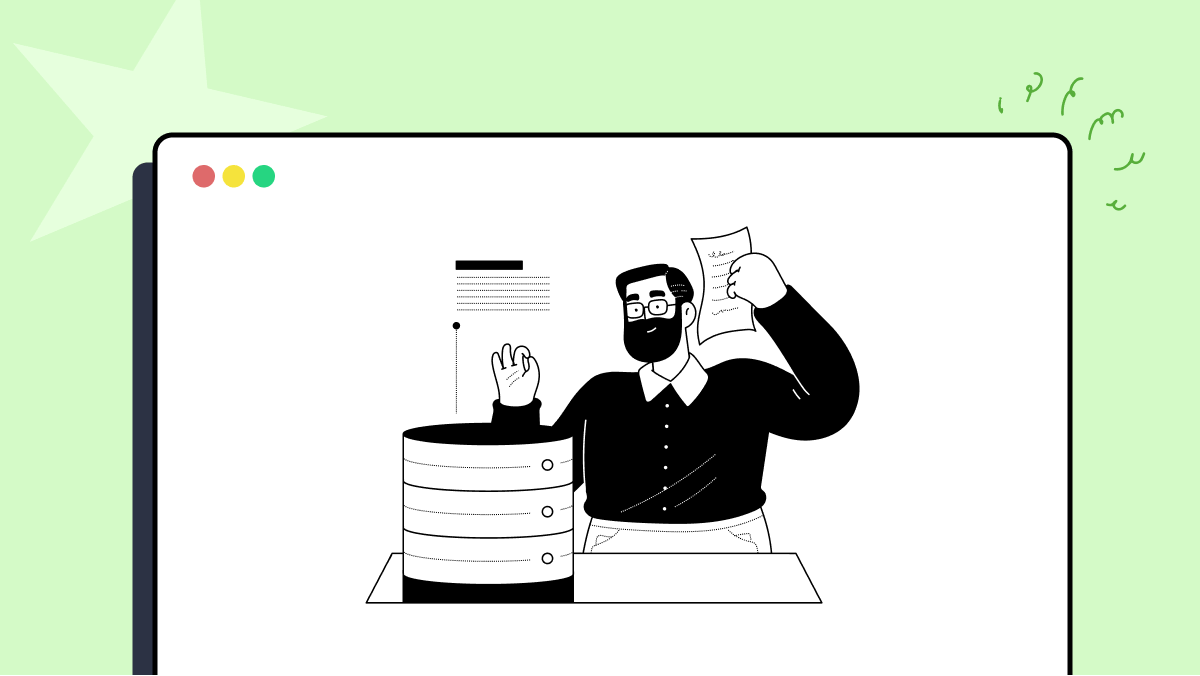How to use in_robot method in robotframework-pageobjects
Best Python code snippet using robotframework-pageobjects_python
test.py
Source: test.py
1from datetime import datetime2import matplotlib.pyplot as plt3from matplotlib import style4import pandas5# My classes for simulating trading6import SmoothAlgo as SAlgo7from StockSim import HistoricalStock8from BrokerSim import Broker9from RobotTrader import TrendRobot10############################11###### BEGIN : CONFIG ######12############################13TICKER = 'aapl'14START = datetime(2015,1,1)15START_WALLET = 5000016BUY_RATE = 1317BUY_MARGIN = 1.0818SELL_RATE = 2119SELL_MARGIN = 0.920SMOOTH_ALGO = SAlgo.MovingAverage(6)21# SMOOTH_ALGO = SAlgo.WeightedMovingAverage(32)22# SMOOTH_ALGO = SAlgo.ExponentialMovingAverage(16)23############################24####### END : CONFIG #######25############################26def simulate_robot_and_graph(in_robot):27 ### Keep track of data in these classes ###28 stocks_held = {}29 total_wallet = {}30 raw_wallet = {}31 raw_stock_price = {}32 smooth_stock_price = {}33 ### While there is still stock data, ###34 ### Get the robot to go through it and ###35 ### record the data ###36 while not in_robot.done():37 # Get robot to buy and sell for the day38 in_robot.simulate_day()39 # Get the current date from the stock class40 date = in_robot.get_broker().get_stock().get_date()41 # Get the amount of stocks held42 stocks_held[date] = in_robot.get_stocks_held() / STOCKS_HELD_SCALE43 # Get the wallet amount with and without stocks in them44 total_wallet[date] = in_robot.get_total_wallet() / WALLET_SCALE45 raw_wallet[date] = in_robot.get_raw_wallet() / WALLET_SCALE46 # get the raw and the stock prices47 raw_stock_price[date] = in_robot.get_stock_price()48 # Check if you should record two smooth values or just one49 smooth_stock_price[date] = in_robot.get_smooth_stock_price()50 # Plot all of the data51 pandas.Series(raw_stock_price).plot(label='Stock Price')52 pandas.Series(smooth_stock_price).plot(label='Smooth Stock Price')53 pandas.Series(total_wallet).plot(label='Total Wallet / ' + str(WALLET_SCALE))54 pandas.Series(raw_wallet).plot(label='Wallet / ' + str(WALLET_SCALE))55 #pandas.Series(stocks_held).plot(label='Stocks Held / ' + str(STOCKS_HELD_SCALE))56 # Show trading information57 plt.legend()58 plt.show()59 return in_robot60# Simulate the robot going through the stocks61def simulate_robot(in_robot):62 while not in_robot.done():63 in_robot.simulate_day()64 return in_robot65### The amount that the data will be scaled on the graph66STOCKS_HELD_SCALE = 1067WALLET_SCALE = 100068### Get the stock data into a class called my_stock ###69my_stock = HistoricalStock(ticker=TICKER, start=START)70### Simulate broker that holds all the money and my stocks ###71my_broker = Broker(stock=my_stock, wallet=START_WALLET)72### Create robot class and give it all the parameters ###73my_robot = TrendRobot(74 broker=my_broker, smoother=SMOOTH_ALGO, 75 buy_rate=BUY_RATE, sell_rate=SELL_RATE,76 buy_margin=BUY_MARGIN, sell_margin=SELL_MARGIN77)78# print(simulate_robot(my_robot).get_total_wallet())...feedbackcontroller.py
Source: feedbackcontroller.py
1# @author Simon Stepputtis <sstepput@asu.edu>, Interactive Robotics Lab, Arizona State University2import tensorflow as tf3from model_src.basismodel import BasisModel4class FeedbackController(tf.keras.layers.Layer):5 def __init__(self, robot_state_size, rnn_state_size, dimensions, basis_functions, special, **kwargs):6 super(FeedbackController, self).__init__(**kwargs)7 self.robot_state_size = robot_state_size8 self.state_size = rnn_state_size9 self.dims = dimensions10 self.n_bfuncs = basis_functions11 def build(self, input_shape):12 self.robot_gru = tf.keras.layers.GRUCell(units=self.robot_state_size)13 self.weight_dense_1 = tf.keras.layers.Dense(units=self.dims * self.n_bfuncs, activation=tf.keras.activations.relu)14 self.weight_dense_2 = tf.keras.layers.Dense(units=self.dims * self.n_bfuncs, activation=tf.keras.activations.relu)15 self.weight_dense_3 = tf.keras.layers.Dense(units=self.dims * self.n_bfuncs, activation=tf.keras.activations.linear)16 self.phase_dense_1 = tf.keras.layers.Dense(units=int(self.robot_state_size / 2.0), activation=tf.keras.activations.relu)17 self.phase_dense_2 = tf.keras.layers.Dense(units=1, activation=tf.keras.activations.hard_sigmoid)18 self.basismodel = BasisModel(dimensions=self.dims, nfunctions=self.n_bfuncs, scale=0.012)19 # @tf.function20 def call(self, inputs, states, constants=None, training=False, mask=None, **kwargs):21 # Get data ready22 in_robot = inputs23 st_robot_last = states[0]24 st_gru_last = states[1]25 cn_features = constants[0]26 cn_delta_t = constants[1]27 28 # Robot GRU:29 in_robot = tf.cond(tf.convert_to_tensor(training), lambda: st_robot_last, lambda: in_robot)30 e_robot, gru_state = self.robot_gru(inputs=in_robot, states=[st_gru_last])31 # Internal state:32 x = tf.keras.backend.concatenate((cn_features, e_robot), axis=1)33 # Use x to calcate the weights:34 weights = self.weight_dense_3(self.weight_dense_2(self.weight_dense_1(x)))35 weights = tf.keras.backend.reshape(weights, shape=[-1, self.dims, self.n_bfuncs])36 # Phase estimation, based on x:37 dt = 1.0 / (500.0 * cn_delta_t) # Calculates the actual dt38 phase = self.phase_dense_2(self.phase_dense_1(x))39 phase = phase + dt40 # Apply basis model:41 action, _ = self.basismodel((weights, tf.zeros_like(weights), phase))42 action = tf.squeeze(action)43 # Rebuild the state:44 new_states = (action, gru_state[0])45 # Return results (and state)...Blogs
Check out the latest blogs from LambdaTest on this topic:
Anyone who has worked in the software industry for a while can tell you stories about projects that were on the verge of failure. Many initiatives fail even before they reach clients, which is especially disheartening when the failure is fully avoidable.
In addition to the four values, the Agile Manifesto contains twelve principles that are used as guides for all methodologies included under the Agile movement, such as XP, Scrum, and Kanban.
When it comes to UI components, there are two versatile methods that we can use to build it for your website: either we can use prebuilt components from a well-known library or framework, or we can develop our UI components from scratch.
So, now that the first installment of this two fold article has been published (hence you might have an idea of what Agile Testing is not in my opinion), I’ve started feeling the pressure to explain what Agile Testing actually means to me.
Automation Testing Tutorials
Learn to execute automation testing from scratch with LambdaTest Learning Hub. Right from setting up the prerequisites to run your first automation test, to following best practices and diving deeper into advanced test scenarios. LambdaTest Learning Hubs compile a list of step-by-step guides to help you be proficient with different test automation frameworks i.e. Selenium, Cypress, TestNG etc.
LambdaTest Learning Hubs:
- JUnit Tutorial
- TestNG Tutorial
- Webdriver Tutorial
- WebDriverIO Tutorial
- Protractor Tutorial
- Selenium 4 Tutorial
- Jenkins Tutorial
- NUnit Tutorial
- Jest Tutorial
- Playwright Tutorial
- Cypress Tutorial
- PyTest Tutorial
YouTube
You could also refer to video tutorials over LambdaTest YouTube channel to get step by step demonstration from industry experts.
Try LambdaTest Now !!
Get 100 minutes of automation test minutes FREE!!



